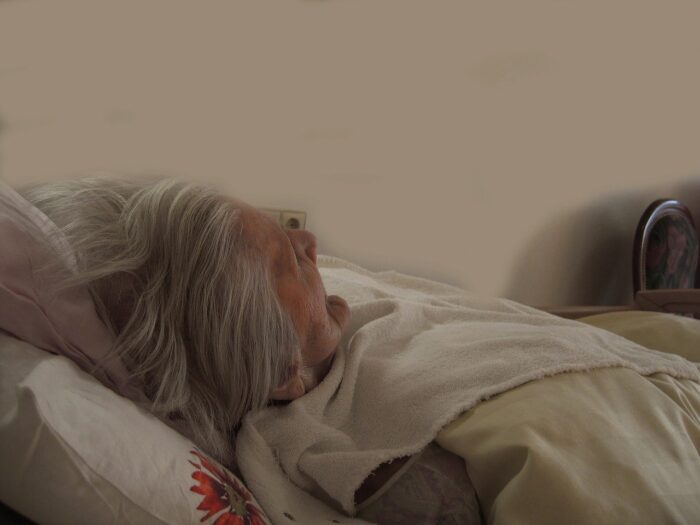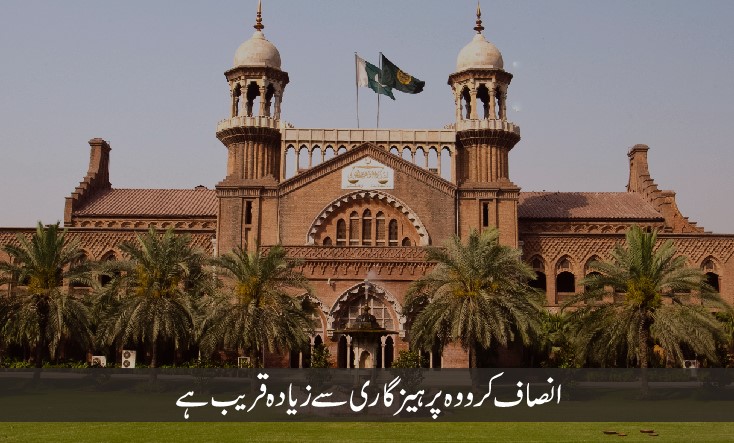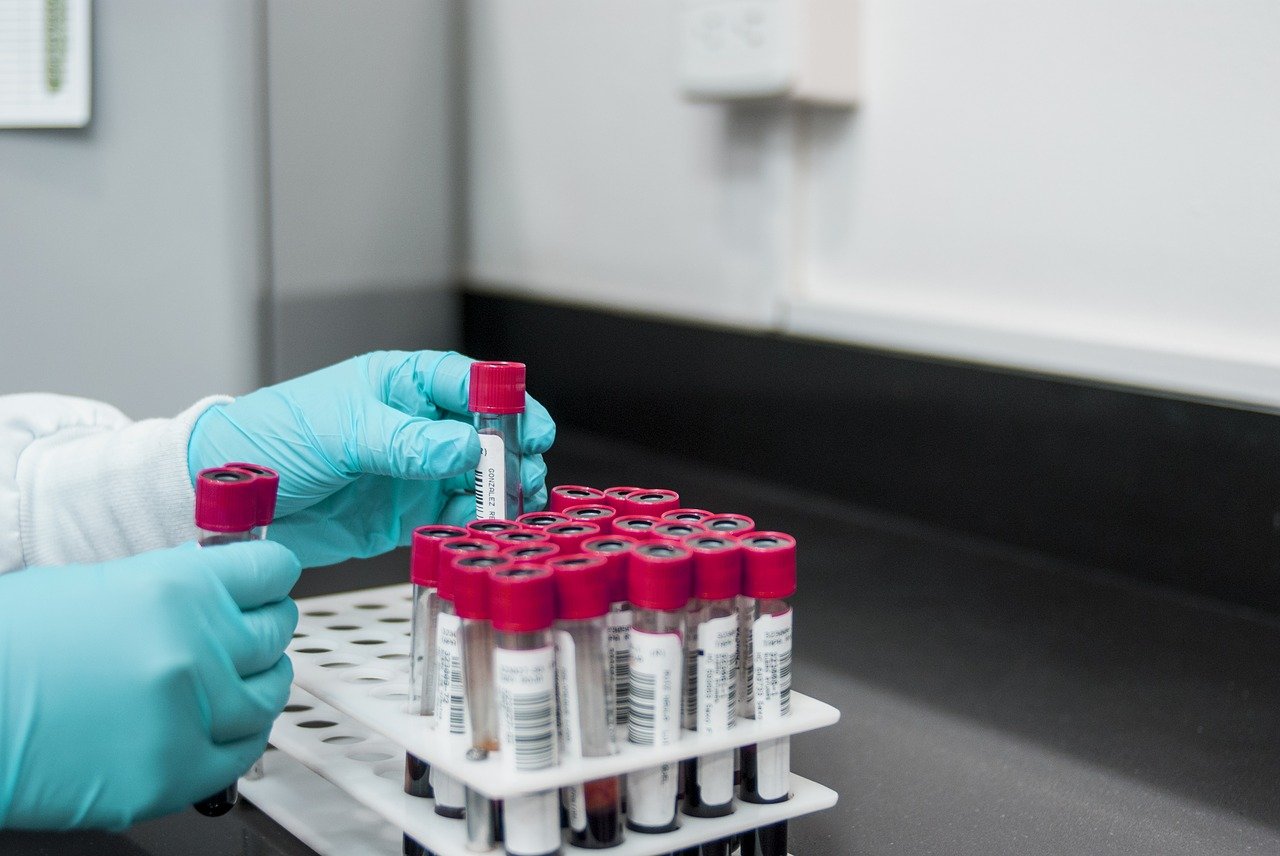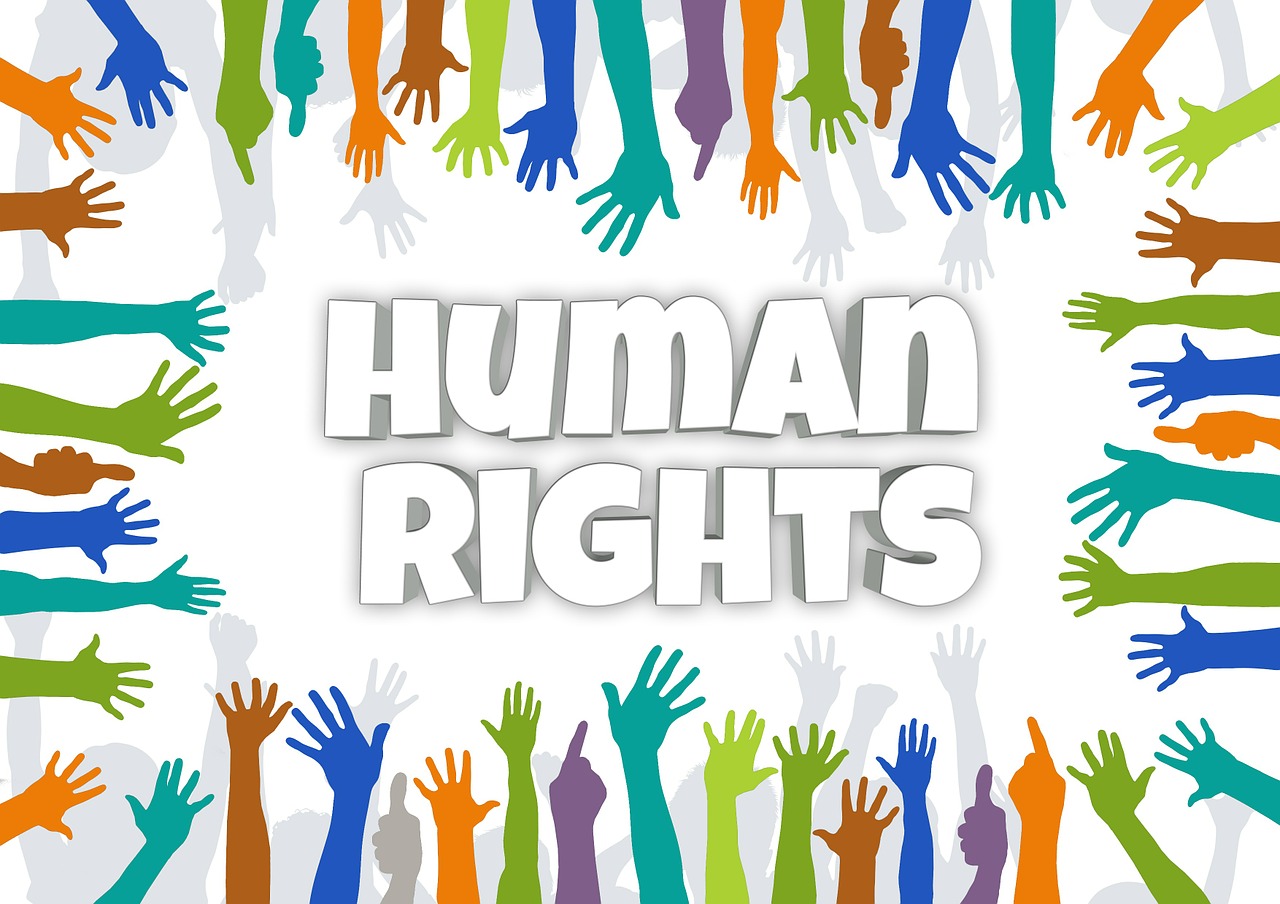
There was a surge in the number of patients transferred from hospitals to nursing homes in March and April last year, Minister for State Hildegarde Naughton has confirmed in the Dáil. Care home patients account for nearly half of all Covid-related deaths in Ireland. Many were transferred without a Covid test and may have spread the disease in the homes.
She was responding to a statement on the matter from Aontú leader Peadar Tóibín TD who revealed the contents of documents released to him after a freedom of information request.
Among them was an email from the National Treatment Purchase Fund which was issued to nursing homes on the 12th March 2020. It says: “the NPTF have been asked to establish capacity within the nursing home sector”, and, “nursing homes will need to have the ability to care for patients coming from the acute hospital setting” and “facilities must be able to facilitate short term residents being discharged from the acute hospital”.
Deputy Toibin described it as a “damning document” and a “smoking gun”.

Reuters news agency has uncovered that a Chinese company connected to the military has been harvesting DNA from millions of unsuspecting pregnant women worldwide.
The report claims that the BGI Group has been harvesting “genetic data from millions of women for sweeping research” and claims China has been using the data to gain strategic economic advantages and to improve “population quality”.
The report also claims Chinese scientists used data harvested by BGI Group to trace genetic distinctions between Han Chinese (overwhelmingly the majority ethnic group in China) and ethnic minorities, like the Uyghurs and Tibetans. The report suggests that Chinese scientists have sought to map how genetic variations in Uyghurs affected their reaction to different kinds of drugs. An estimated million Muslim Uighurs are currently being held in concentrations camps in China.
Commenting on the news, a spokesperson for the Pro-Life Campaign said the willful refusal of the ruling political class in Ireland to challenge the Chinese government over its litany of human rights violations “adds to the wrongs and persecutions taking place and emboldens those carrying them out”.

Pakistan has come under adverse international scrutiny for yet another case of forced conversion and marriage of an underage girl from Gujranwala city of Punjab province.
Flagging the case of 13-year-old Christian girl Nayab Gill, who after she was abducted on May 20 was converted and married off to a 30-year old Muslim man, the Overseas Pakistani Christian Alliance (OPCA), a Europe-based advocacy group had on July 3 submitted a petition to Pakistan Missions in Western Capitals urging action to prevent such cases.
According to an official release, it is estimated that over 1000 women and girls from religious minorities are abducted and forcibly converted in Pakistan every year. Even the Human Rights Commission of Pakistan mentions that every month 20 or more Hindu girls are abducted and forcibly converted in the country.

The Health Protection Surveillance Centre (HPSC) has reported a national outbreak of Early Infectious Syphilis (EIS).
Prior to the onset of the COVID-19 pandemic, EIS cases were rising and this had been identified as an area for urgent action. After a small decrease in cases in 2020, coinciding with the first wave of COVID-19, EIS notifications are increasing once more and are exceeding the numbers observed in 2019 and previous years.
While the majority of cases continue to be reported in males, there is an increase in female cases and in heterosexual transmission.
On Wednesday, Consultant in Genito-Urinary Medicine Dr. Aisling Loy spoke to Newstalk’s Pat Kenny as to how, despite over a year of Covid-19 restrictions and people being asked to stay apart, a national outbreak could have occurred.

The first ever International Religious Freedom Summit took place in Washington, DC, this week. The three-day event brought together an array of faith and political leaders committed to upholding religious freedom and tackling anti-religious discrimination around the globe.
The conference addressed a broad spectrum of international concerns such as China’s widely condemned treatment of Uyghur Muslims, the rise of Hindu nationalism, the persecution of religious minorities in the Middle East and outbreaks of violence between Christian and Muslim groups in parts of Africa.
The Dalai Lama, Muslim American actor Mahershala Ali and New York’s Cardinal Timothy Dolan addressed the gathering.
Co-chair Sam Brownback, former U.S. ambassador for international religious freedom, said they hoped to create a bipartisan, multifaith coalition to champion what the summit website described as the “cause of religious freedom around the world.”
Brownback praised the Biden administration for taking a hard-line position against China’s treatment of Uyghurs and expressed hope that this week’s conference can further encourage the foreign policy community to take religion seriously.

Just one in every 10 GPs in Ireland are offering abortion drugs, a research paper authored by a doctor and commissioned by the National Women’s Council has found.
There is no GP provision of abortion in Sligo.
The research was published on the third anniversary of the vote to repeal the Eighth Amendment, and ahead of a Government review of Ireland’s abortion provisions.
The NWCI report states that as of April last year, 373 GPs had signed contracts with the HSE to provide early medical abortions (EMA), and medical professionals who took part in this research suggest this has increased slightly to around 385 providers.
The Irish College of General Practitioners, estimates that 3,496 GPs are actively practising in Ireland, leading the report to conclude that just one in every ten GPs is an abortion provider.

While Irish society has become more accepting of gender expression, a new opinion poll indicates that biological sex matters to the public when it comes to the provision of intimate spaces and services.
An independent survey into attitudes to gender in Ireland has revealed widespread support among the Irish public for single-sex spaces, services and sports.
The RedC Research poll, commissioned by the advocacy group ‘The Countess Didn’t Fight For This’, a reference to Countess Markievicz, the first female Cabinet Minister in Europe, questioned a representative sample of 1,001 adults last month on a range of gender-related issues.
The majority favoured single-sex facilities and care provision, while more than half are opposed to people being allowed to compete in sports of the opposite birth sex.
More than three-quarters of respondents (77%) agreed that people should have the right to request that intimate medical examinations are carried out by a person of the same birth sex.
62% said public buildings such as schools and banks should have to provide single-sex toilets.
64% agreed that hospitals should be required to provide single-sex wards.
55% of respondents said males who identify as women should not be allowed to compete in women’s sports at any level, versus 21% in favour.

Abortions are available at St Vincent’s hospital in Dublin, the Minister for Health has said. It is no longer run as a Catholic hospital. It is claimed by some, without direct evidence, that the new National Maternity Hospital will not perform abortions because it will be built on the same site as formerly Catholic hospitals founded by the Religious Sisters of Charity.
Stephen Donnelly said all procedures were permitted at St Vincent’s at present. He told the Oireachtas committee on health today that abortion could be carried out at St Vincent’s if a woman was severely ill but that in the normal course of events such procedures would be carried out at a maternity hospital.
He was responding to questions from TDs as to whether the new National Maternity Hospital would provide abortions if it were built on land owned by St Vincent’s.
Social Democrats co-leader Roisin Shortall said: “there is no example anywhere in the world, that I’m aware of, where there is a hospital operation under the auspices of a Catholic organisation, and which performs the full range of women’s healthcare services.”
Mr Donnelly replied that the Government “categorically” was not setting up the National Maternity Hospital under the auspices of a Catholic organisation.
“I double-checked, the charters of the hospital don’t contain any reference to religious ethos“, he said.

Four Cuban-American bishops issued a statement Tuesday indicating their support for Cubans seeking recognition of their human rights, following protests of the island’s communist government.
“We, Cuban-American bishops, join in solidarity with the Cuban people in their quest for responses to their human rights and needs. We are deeply troubled by the aggressive reaction of the government to the peaceful manifestations, recognizing that ‘violence engenders violence,’” read the statement.
“Such a reaction seems to negate the basic Cuban principle of having ‘una patria con todos y para el bien de todos’ (a homeland with all and for the good of all). We stand in solidarity with those detained because they have voiced their opinions.”

A body representing Spain’s medical colleges said on Monday that a government minister’s threat to conscientious objection on abortion is “unacceptable, illegal, and unjust.”
The General Council of Official Medical Colleges (CGCOM) was responding to proposed changes to the country’s abortion law announced by Spain’s Equality Minister Irene Montero.
Montero declared that “the right of physicians to conscientious objection cannot be above women’s right to decide,” ACI Prensa, CNA’s Spanish-language news partner, reported.
The CGCOM, the governing body representing 52 local medical colleges, defended the right to conscientious objection in a July 12 statement.
“Forcing the conscience of physicians in order to expand the number of physicians available in all communities is, in addition to being unconstitutional, a bad solution, which from the perspective of the medical profession would be considered unacceptable, illegal, and unjust,” it said.